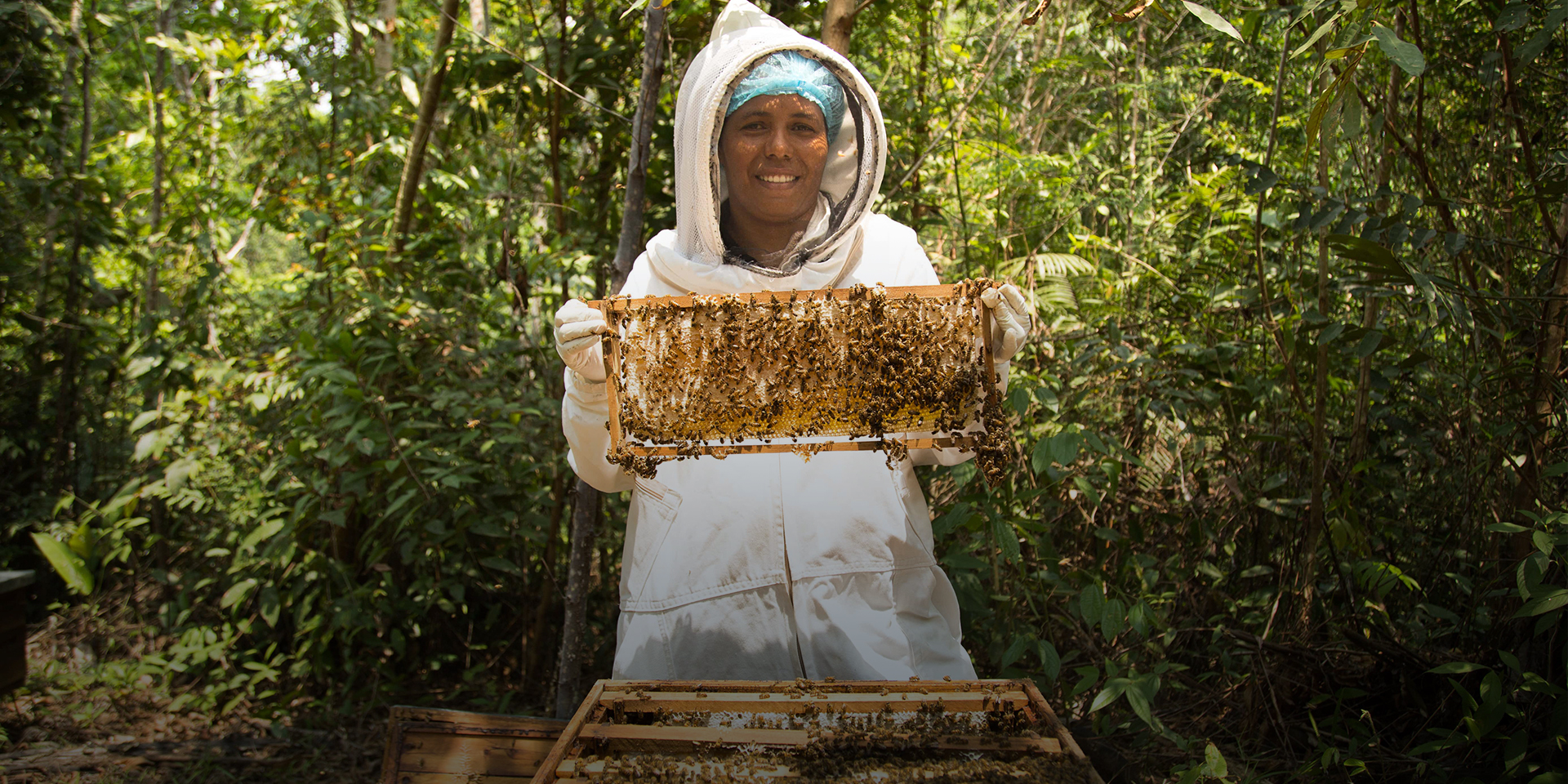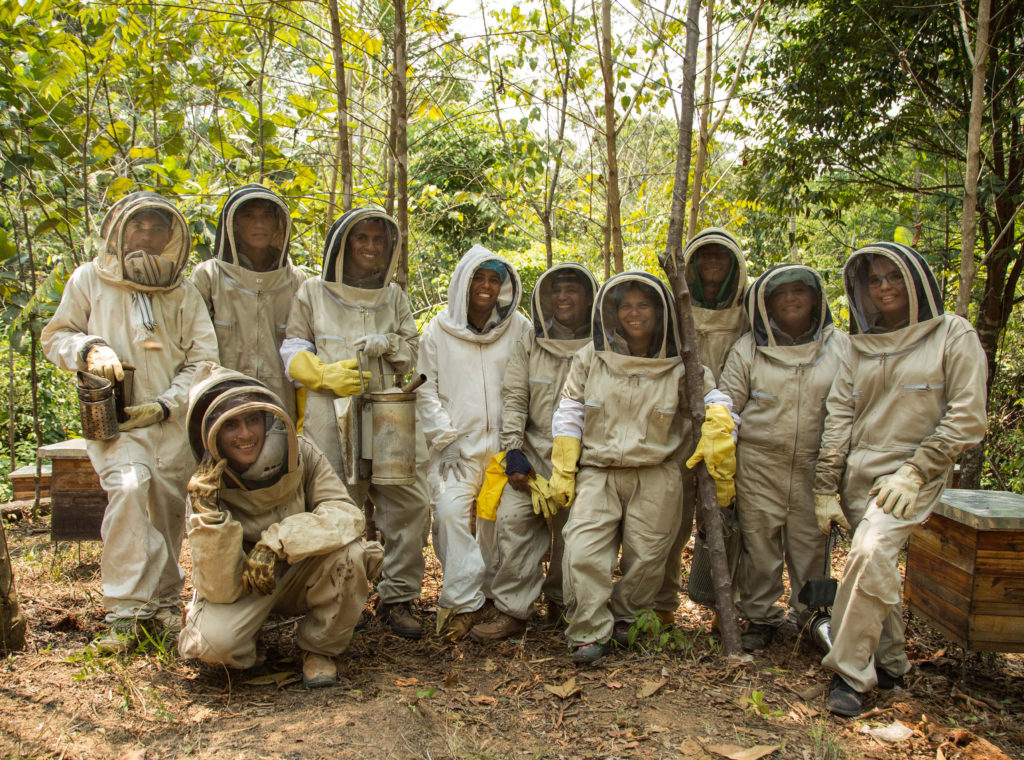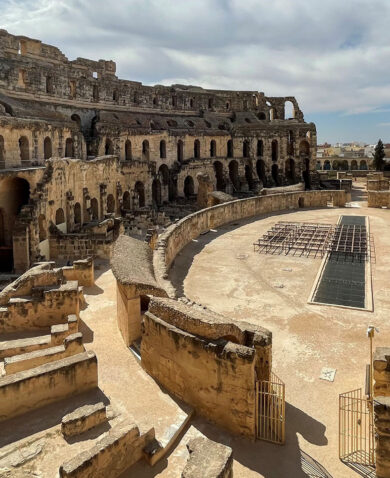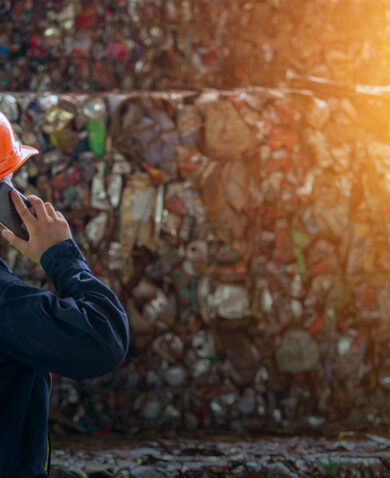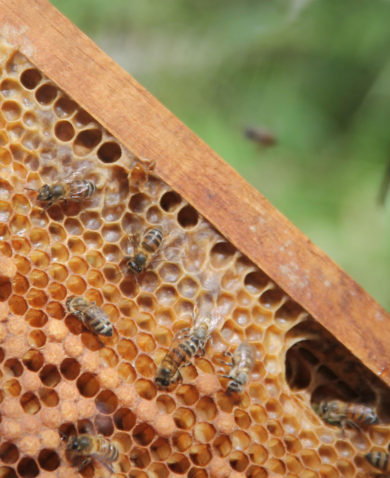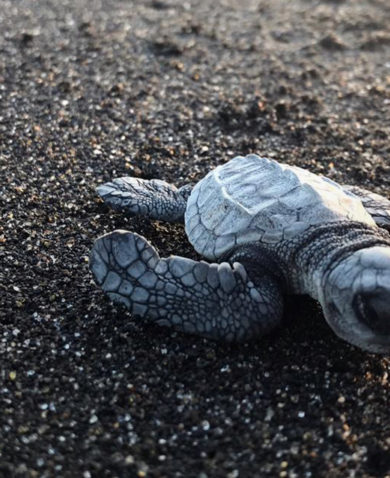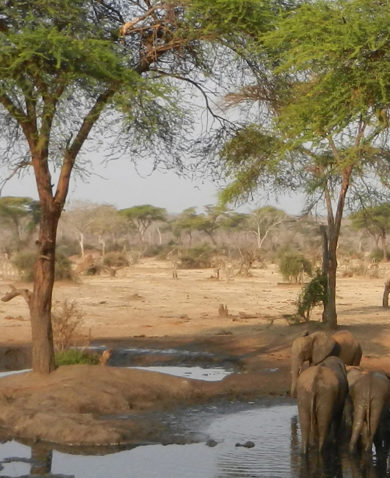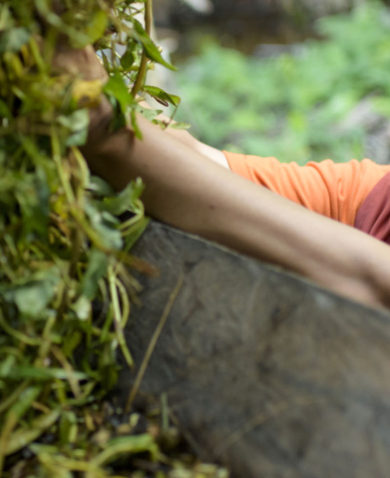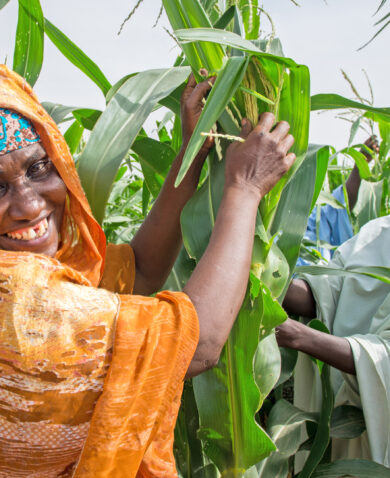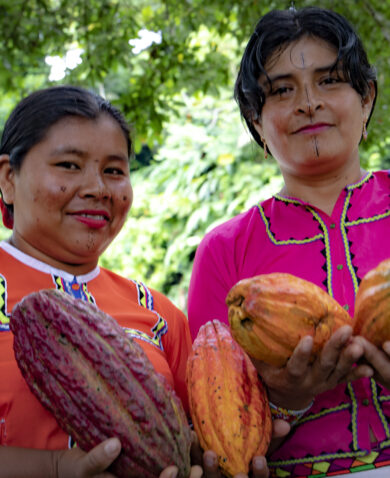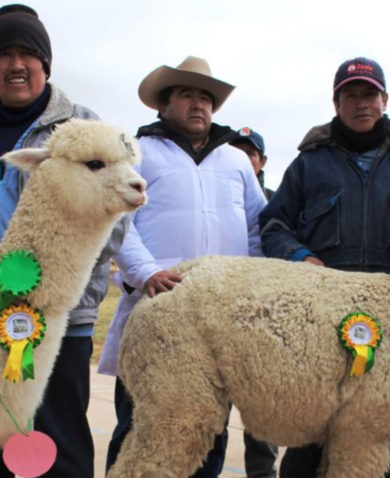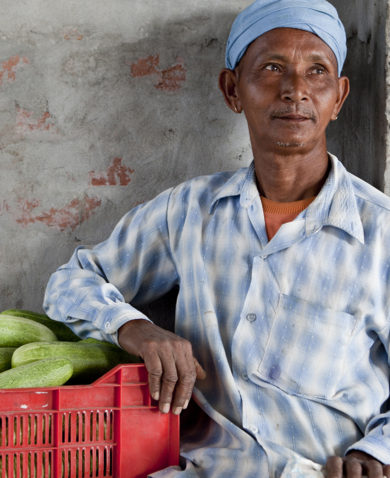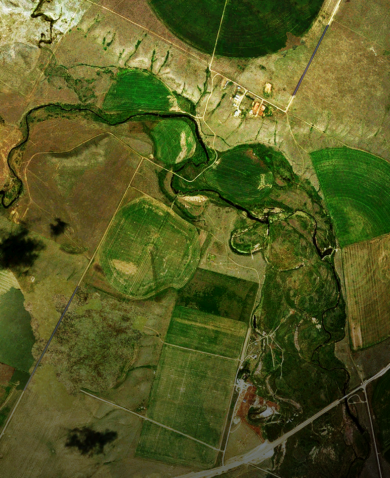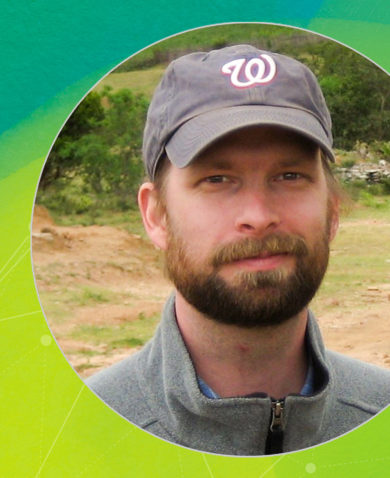Stings Along the Way
Asocarbebias faced challenges. Beekeepers struggled with recovering inactive hives and building centers to produce bee colonies to inhabit new and existing hives.
Another problem was the location of beneficiaries’ apiaries. During the winter, traveling to these apiaries became difficult due to heavy rains and poor roads.
Finally, the presence of illegal armed groups in remote areas created challenges to safely transport inputs and provide technical assistance. But over time, these challenges were mitigated through a commitment to learning new skills combined with the beekeepers’ deep resilience.
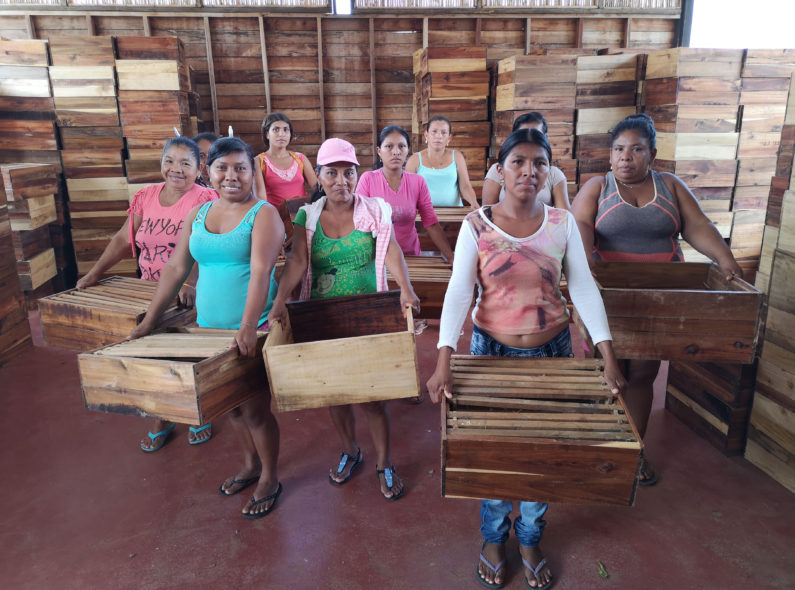
The Results
With the hives provided by Oro Legal, and the project’s technical and administrative assistance, beneficiaries have harvested and sold 85 tons of honey to date. This has generated more than $215,000 in licit incomes for more than 100 families. Vulnerable single women heads of household, disproportionately affected by rural violence and displacement, represent some 35 percent of project beneficiaries.
In addition to economic prosperity, beekeeping created a sense of fulfillment for individuals in a world previously influenced by illegal gold mining.
“Bees have become my passion,” said Leticia Ortiz Hernández, beekeeper in the Zaragoza municipality. “Since the Oro Legal program began beekeeping activities in the region, I am committed to taking it forward, and the results have made me happy.”
Arley Jiménez, a beekeeping technician with another local association, Coltapícola, values the alternative to mining that this work provides: “The beekeeping project allowed many families to stop looking at mining as the only job option in the region and to move towards this activity,” he said. “The same happened with some young people who had no job options other than mining and now see beekeeping as the best opportunity to start a career.”
What Happens Next
As it enters the final year of operations, Oro Legal has started transitioning responsibility to local stakeholders, including production, value-chain development, sales, market expansion, and private investment. One group taking up the mantle is Oro Legal’s “legacy” organization, CORCRESER (Corporación de Centros Regionales de Servicios).
CORCRESER received a grant from Oro Legal to continue implementing field operations in support of mining formalization and alternative livelihoods. So in addition to increasing the number of well-managed legal gold mines, more communities in Antioquia and Chocó will have other livelihood options like Zoraida, Leticia, Arley, and their families.
To learn more and to see Zoraida and her fellow beekeepers in action, check out this video by USAID/Colombia:

